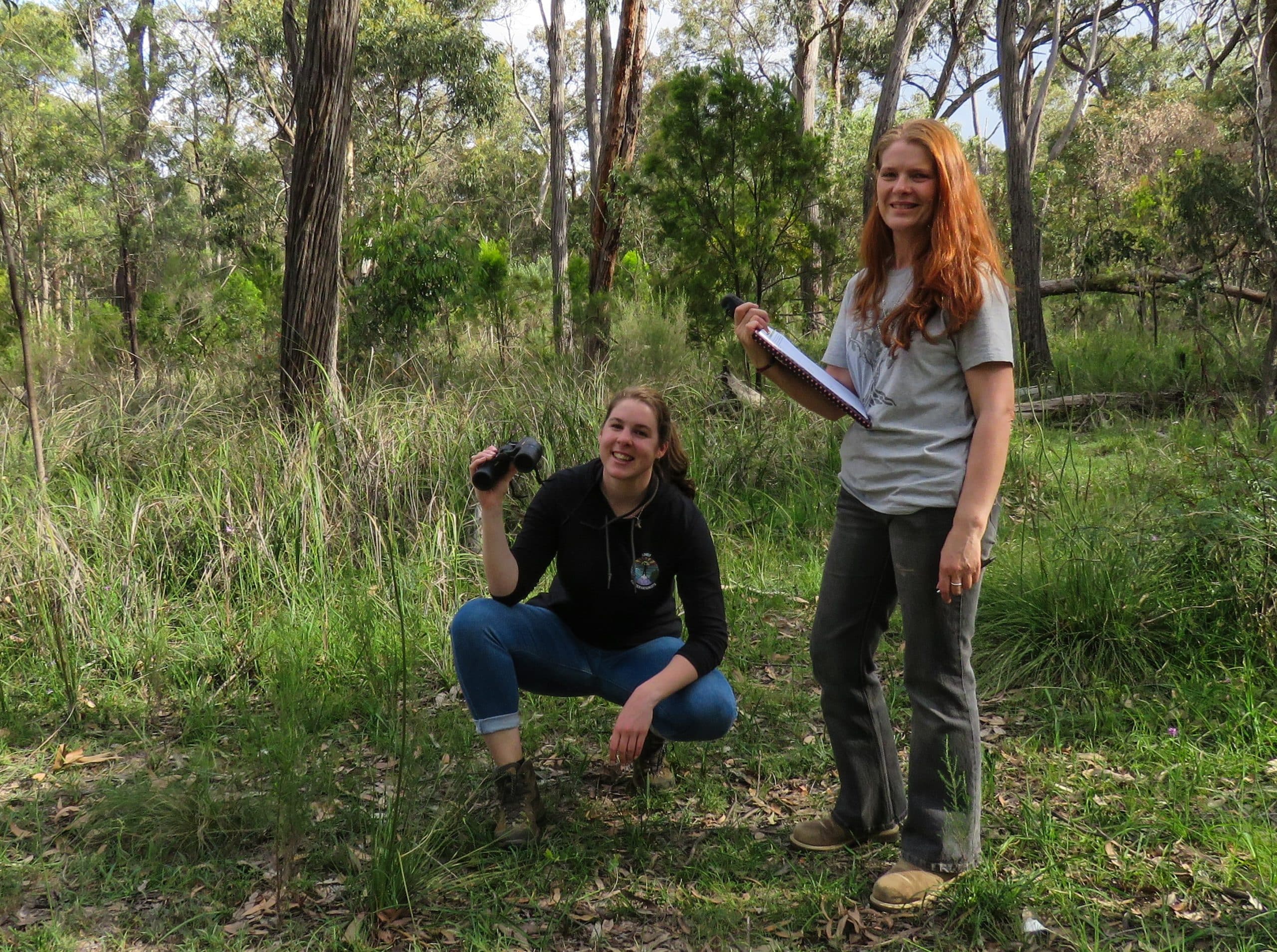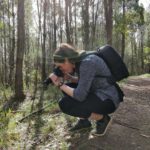It is quite insane to think that after all I had experienced in the conservation industry, I entertained the thought, even for a second, that I was the only one feeling this way. I truly believed I was the only one experiencing the sad nights alone in remote locations or facing the cultural barriers that come. I felt like I was alone and humiliated because of the long periods of time I had to look for or work casual jobs, only to pack my bags and head out to more conservation placements, rife with professional bullying, sexual harassment, and long days in challenging environmental conditions.
The Achilles heel of any conservationist is their passion. For me, I felt it inside, as thick as blood and there was no way that a lack of pay, a lack of resources, or a few bad people could stop me from my personal goal of saving the world. Now looking back on my journey, it seems as though organisations not only know this about us but also monopolise on the fact.
It is not hard to take the struggle personally though and assign the lack of paid opportunities or our “success in the field” to our own lack of worth and value. In January 2019, I felt so undervalued and disheartened in the industry that I believed I had nothing to lose anymore. I published my story on the internet to see if I was truly alone in my experiences, or if anyone else out there felt the same.
I never expected to be met with such an influx of global conservationists feeling as defeated, burnt out and isolated as I did. Hundreds of people started flooding to my community “Lonely Conservationists” and sharing their all-too-familiar stories of family and friends not understanding their plight, the uncertainty of not knowing if their career decisions were right and the impostor syndrome that looms over each of us like a dark shadow.
I sit here writing this today, over a year later feeling so lucky to have a growing community of over three thousand global Lonely Conservationists. Together we have been able to commiserate and empathise over shared experiences, form localised communities of like-minded or geographically close individuals and feel like we are a part of a new wave of conservationists who are in the fight together. Collaborating on projects, feeling the ongoing support of community members and being able to be open about the issues we face in the industry has only brought about new opportunities to gain strength in our collective journeys to save the world.

Jessie and her friend Gabrielle in action on the field. P.C. Jessie Panazzolo
Now that I have witnessed the power of community, I feel as if it is an untapped resource that could be a very effective solution to conservation efforts around the world. We should be pooling the limited resources and working together rather than competing for them to achieve a shared goal. We should be empowering others and lifting each other up whilst also providing a supportive network for times when conservationists face industry challenges. Finally, we should be valuing ourselves for the immense amount of work we do, and skills we have all accumulated over the years and start to find and pursue opportunities that help us grow and allow us the financial and creative freedom we deserve.
This community has inspired me to make my transition from a conservationist, to a conservationist conservationist because it’s now so clear to me that we need to save ourselves before we save the world.





